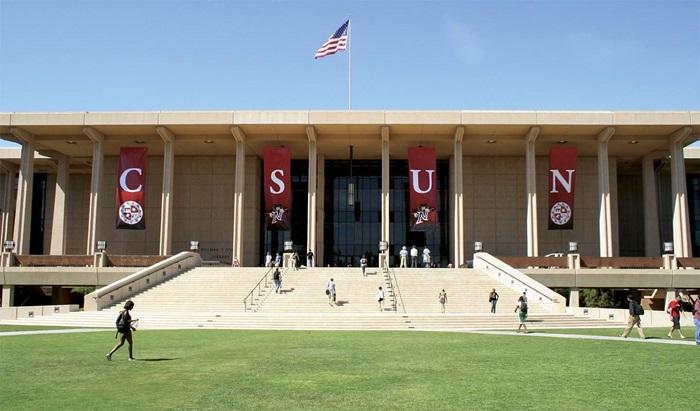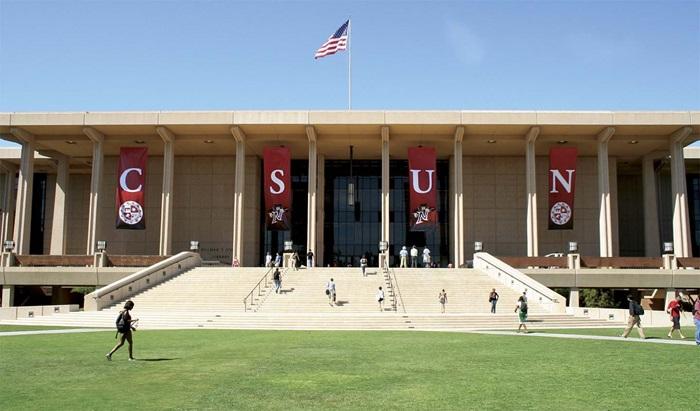The University of California system is failing to prioritize students and education in favor of bloating management salaries and benefits, while leaving over $175 million in budget reserve funds, according to a report from the California State Auditor.
Last week, the CSA released financial records of the University of California and California State University systems. The CSA called the budgeting of both systems into question.
Based on the records provided by the UC system, nonresident students pay substantially more tuition and student fees than residents, $37,000 compared to $12,240 in the 2014-2015 academic year. The audit claims the UC system has made considerable efforts to enroll more nonresident students to compensate for less state funding, going as far as accepting them to their school of choice while sometimes denying the same to state residents.
The system lowered academic acceptance requirements for nonresidents, and from 2006 to 2015 the UC denied nearly 4,300 residents admission despite having an equivalent or better median score than admitted nonresidents.
The State Auditor found that from academic years 2011 through 2015, resident enrollment decreased by 2,200 students, or 1 percent, while nonresident enrollment expanded by 82 percent, increasing by 18,000.
The audit included amendments to these issues, saying the UC should tighten up admission standards, making the criteria for nonresident student acceptance closer to that of residents.
Students have not seen the benefit of the bloated funds from out-of-state tuition, as much of the money has not been distributed to any universities. In fiscal year 2014-2015, $886 million of state funding was not distributed to campuses for per-student funding.
The audit listed a total of 24 recommendations to improve the UC system, but administration has made no announcements to implement them. With the audits shedding a negative light on both systems, many are calling for the UC and CSU to reverse the recent tuition increase.
The CSU audit, while still critical of management compensation and benefits, did not find such a disparity between resident and non-resident students as University of California.
The CSU audit was critical of the disparity between management and faculty raises, finding that management positions received up to an 8.4 percent increase, with faculty receiving just 2.8 percent.
Cal State Chancellor Timothy White said the CSU will take various actions in response to the 11 recommendations made by the California auditor, and CSU spokesperson Elizabeth Chaplin responded by reassuring students and faculty that funding is being well budgeted, and any increase in employment funding is for the graduation initiative.
“Hiring talented staff is central to the mission of the university,” Chaplin said. “In addition to faculty, many other staff and administrators are involved in the development and implementation of programs and the delivery of services that support the success of CSU’s 479,000 students.”
Chaplin stressed that the Cal State University will be working to keep itself accountable.
“The CSU is committed to being responsible fiscal stewards of public funds, and we are pleased the State Auditor confirmed campuses operate within budgeted resources,” Chaplin said. “The university has many controls in place to ensure fiscal accountability and we will work with the State Auditor to ensure that audit recommendations are implemented in a timely manner.”
For more information on the audits of both university systems, visit https://www.auditor.ca.gov/reports/2016-122/summary.html.





![[Both photos courtesy of sonoma.edu]
Ming-Ting Mike Lee stepped in as the new SSU president following Sakakis resignation in July 2022](https://sonomastatestar.com/wp-content/uploads/2024/04/CC4520AB-22A7-41B2-9F6F-2A2D5F76A28C-1200x1200.jpeg)



























